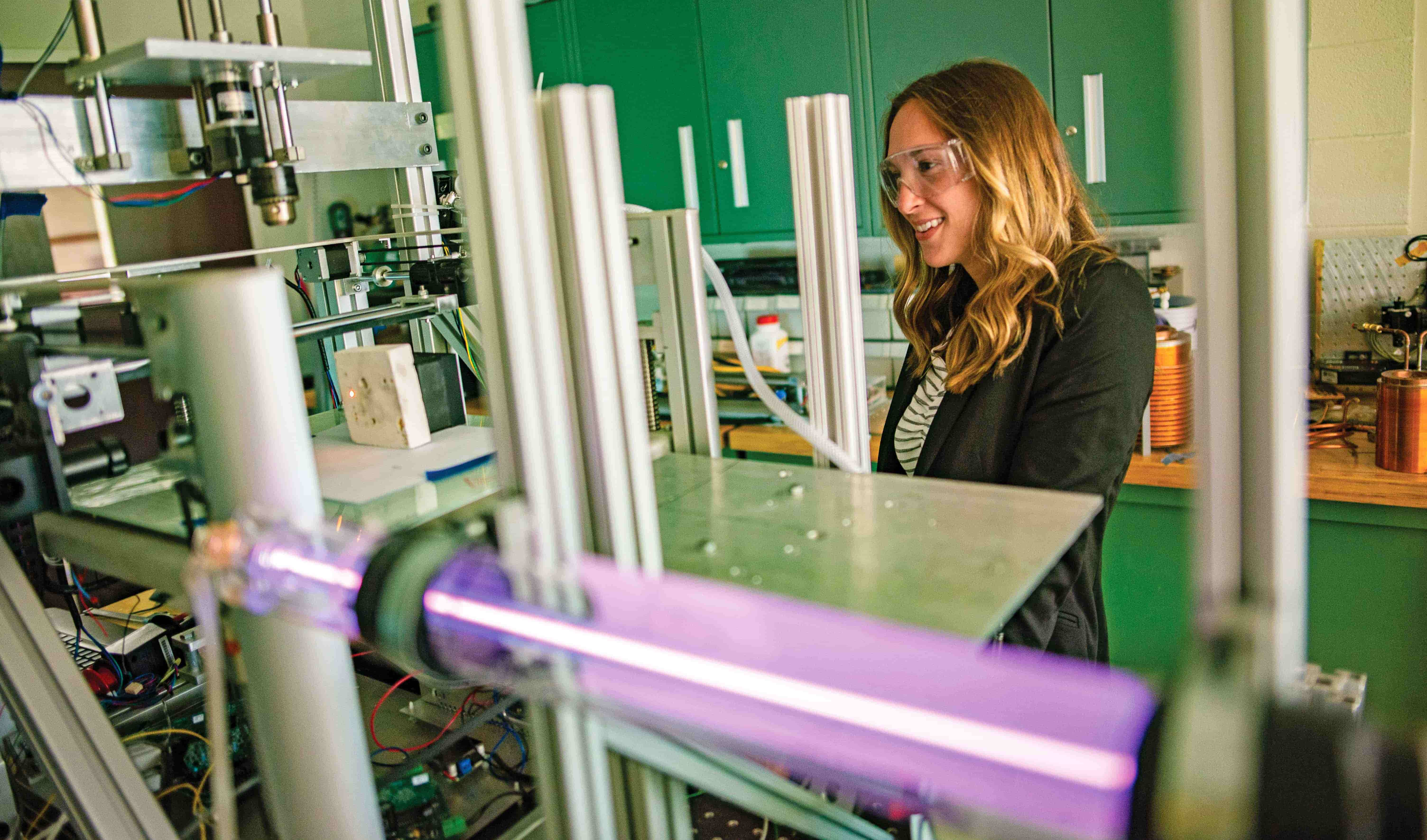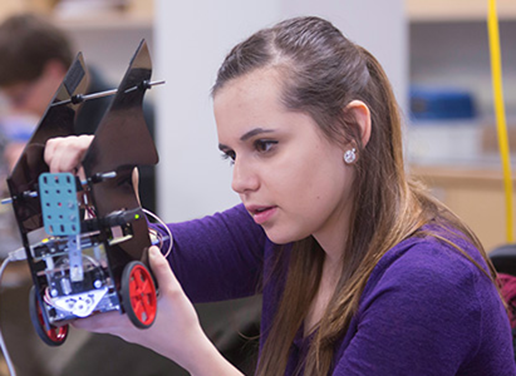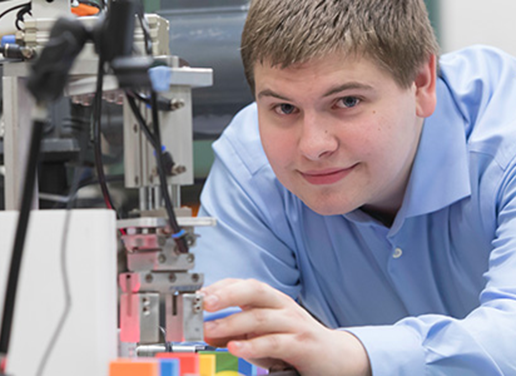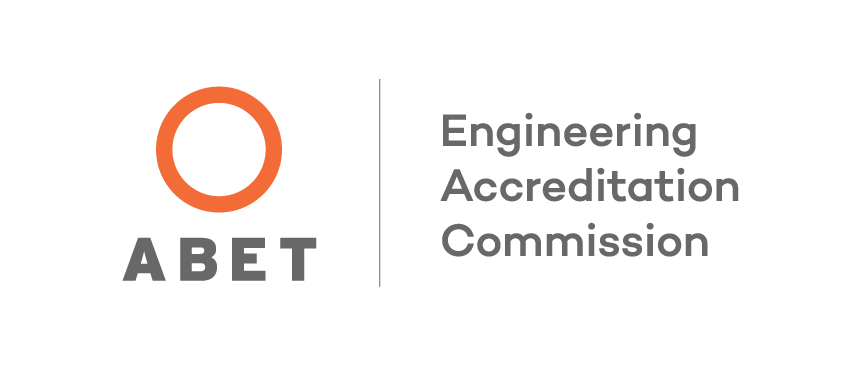Innovate, Design, and Create: Unleash Your Potential
The Mechanical Engineering major at Western New England University is a multifaceted and versatile subject area that affords you the opportunity to explore and learn about materials, solid and fluid mechanics, thermodynamics, heat transfer, kinematics and control, vibrations, and product development and innovation. The stimulating combination of the didactic and applied aspects of our curriculum provides students with the intellectual and vocational tools integral to the design and manufacturing of mechanical systems. You’ll be at the forefront of developing technologies for a diverse array of industries, including aerospace, transportation, energy, healthcare, construction, and robotics.
Why Choose Mechanical Engineering?
Mechanical Engineering is the application of science and technology essential to industry, defense, healthcare, the environment, and society. This broad field influences society every day. Mechanical engineering deals with anything that moves, including the human body. Mechanical engineers design and build every aspect of the modern world, from automobiles and airplanes to satellites and robots, and medical equipment, power plants, and communication devices. The possibilities are endless in mechanical engineering.






